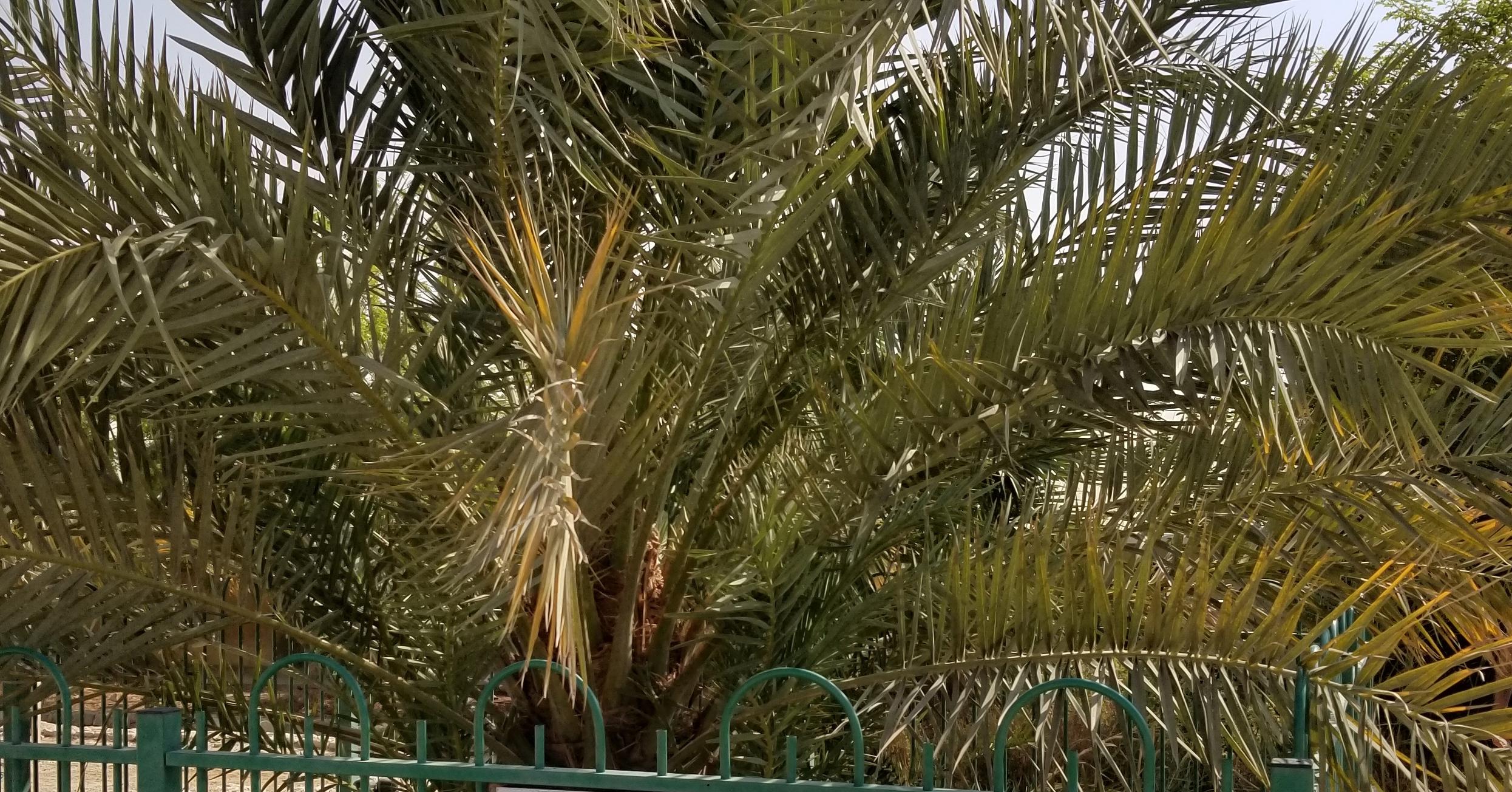Psalm 92 verse 12 says that “the righteous shall flourish like the palm tree.” Ancient Judea was known for its large, sweet dates. Today in Israel, a kind of resurrection of ancient date palms has been occurring. Mirroring the Jews themselves, most of the renowned Judean date trees were destroyed by the Romans to crush the Judean economy. However, when Masada was destroyed by the Romans, the Jewish defendants left behind a jar containing a considerable number of date pits. These pits lay dry and dead in the desert, much like the bones of the nation spoken of by the prophet Ezekiel:
“...behold, there were very many in the open valley; and, lo, they were very dry” (ch. 37:2).
These seeds were excavated from the Masada fortress in the 1960s and then stored for more than 40 years at Bar Illan University. Until Dr. Sarah Sallon, of the Natural Medicine Research Unit of Hadassah Hospital managed to acquire three of them and initiated the project to restore the ancient date palm tree in 2005. She took interest in them because she wanted to be able to analyze the potential medicinal value of the original 7 species mentioned as the fruit of the land. One of these was the date palm.
At that point in time, the Judean date had been extinct for hundreds or maybe even thousands of years. Astoundingly Professor Elaine Solowey of the Center for Sustainable Agriculture at the Arava Institute for Environmental Studies was shocked when she successfully sprouted one of the ancient seeds. The extreme dryness of the seeds meant that they needed to be rehydrated slowly and carefully so as to not induce sprouting before the seed was actually capable of nurturing that new life successfully.
This first tree, that sprouted in November 2011, was named Methuselah after the oldest man in the Bible. As a male tree, he was unable to produce fruit. Other seeds were sourced from other excavations in the desert and two others, Adam and Jonah, were planted nearby. But there was still the same barrier to getting fruit. With only male trees, the necessary cross-pollination could never occur. Excitingly, two female trees have since successfully sprouted, and in 2019 Hannah, named so because she sought miraculous fruit from God, was planted in the Ancient Judean Date Orchard at Kibbutz Ketura. Hannah produced 100 dates in 2020 and some 600 dates in 2021! This spring a second female tree, 9-year-old Judith, has been added to the orchard.
The revival of the date palm tree is like a profound parable of the revival of the nation. After being nationally dead for almost 2000 years, the Jews have been regathered, and against great odds, have been restored to their land. Being in the land surrounded by biblical places, with archaeology demonstrating the accuracy of the Bible, not to mention the very miracle of their existence in the land speaking their resurrected Hebrew language, the moisture has been slowly entering the dry seeds. They are just as those dry bones of Ezekiel’s prophecy which progressed, but await God’s life giving breath: “when I beheld, lo, the sinews and the flesh came up upon them, and the skin covered them above: but there was no breath in them” (Ezekiel 37:8).
May the day soon come when they will have the promised teachers to water them, that the young tree-nation may again bring forth fruit!
“But ye, O mountains of Israel, ye shall shoot forth your branches, and yield your fruit to my people of Israel; for they are at hand to come” (Ezek. 36:8).
“I will multiply upon you man and beast; and they shall increase and bring fruit: and I will settle you after your old estates, and will do better unto you than at your beginnings: and ye shall know that I am the Lord” (Ezekiel 36:11).

